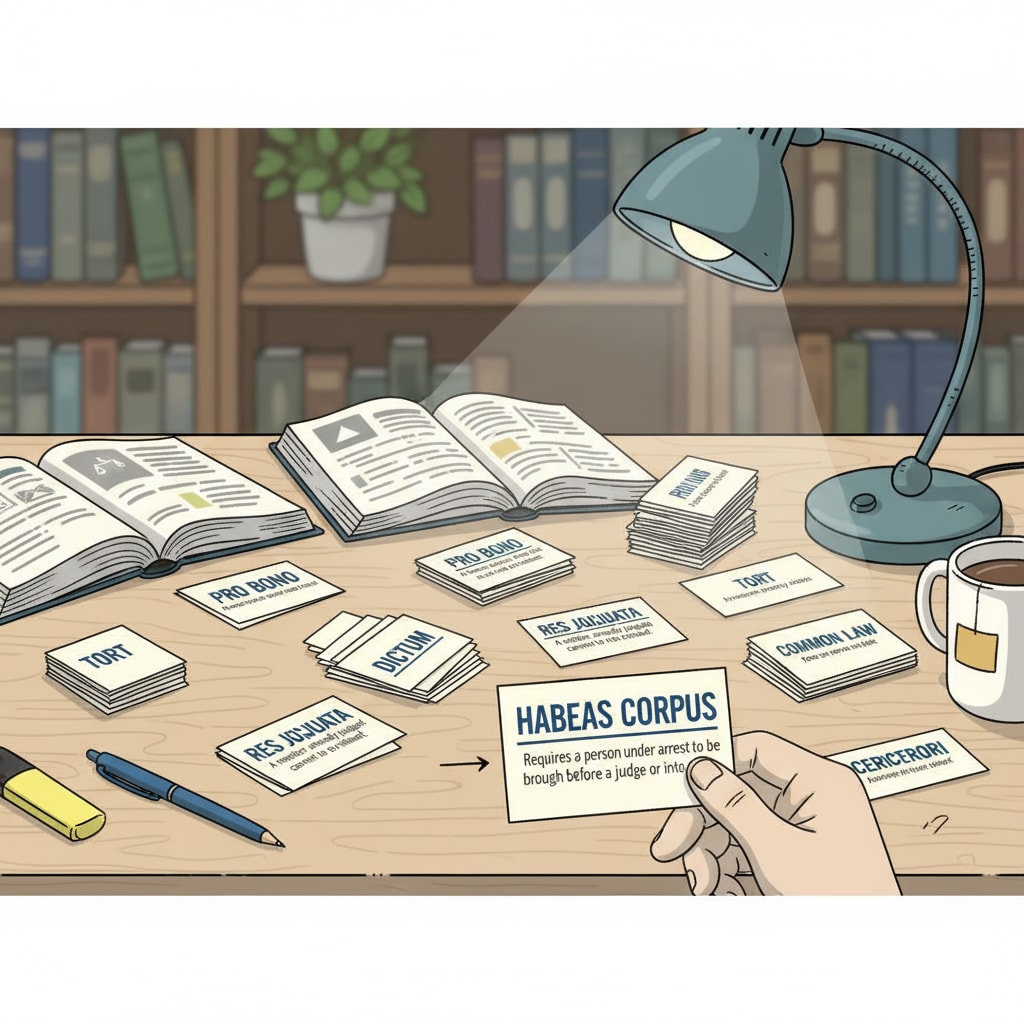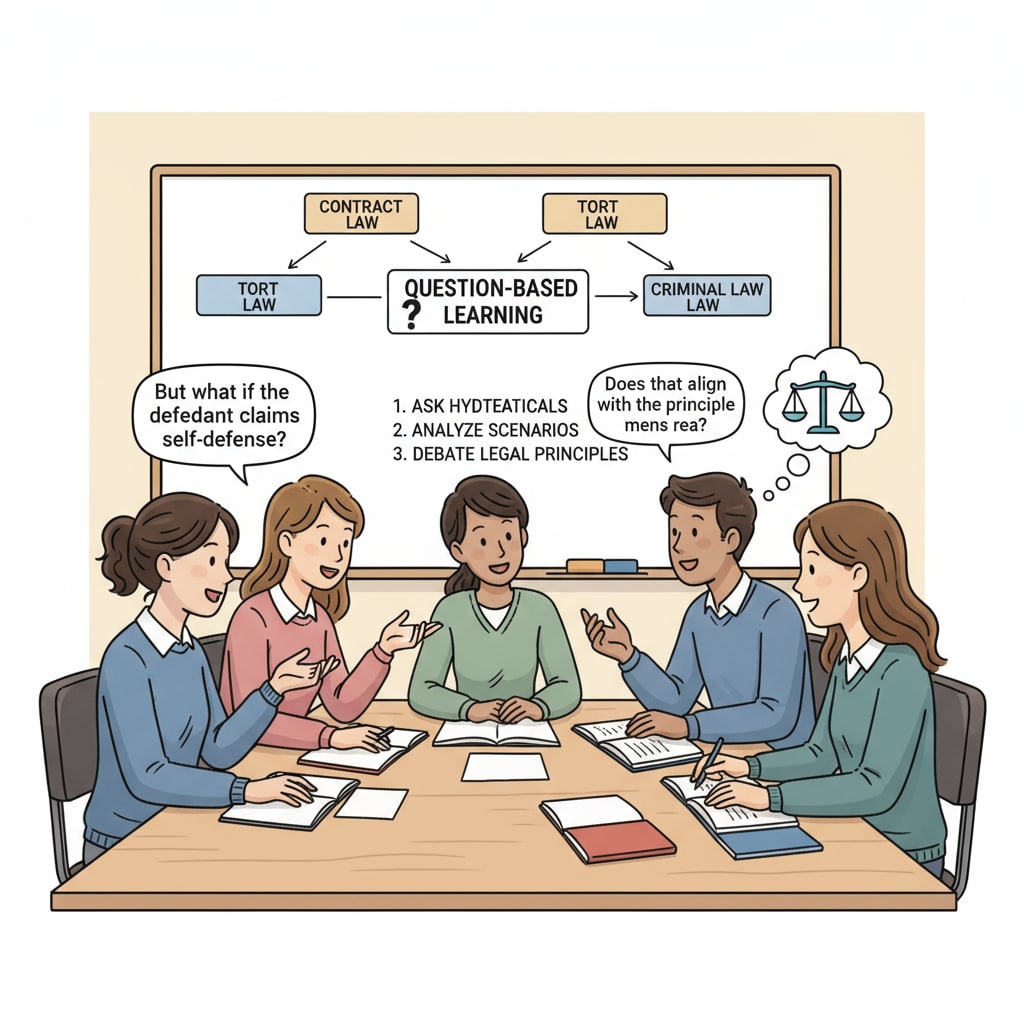In the realm of K12 legal education, the combination of law school learning, active recall, and flashcard testing can bring about a significant transformation in the way students absorb knowledge. Traditional passive reading often leads to surface-level understanding, but by embracing active recall methods, students can delve deeper into legal concepts.

The Limitations of Passive Learning in Law Education
For years, students in K12 legal education have relied on passive learning techniques such as reading textbooks cover to cover. However, this approach has its drawbacks. Passive reading doesn’t engage the brain actively, making it easy for students to forget what they’ve read soon after. As a result, when it comes to exams or real-world applications, they struggle to recall the necessary legal information. According to Education.com, passive learning typically results in lower retention rates compared to active learning methods.
Embracing Active Recall for Deeper Understanding
Active recall is a powerful strategy that forces the brain to retrieve information from memory. In the context of law school learning, this can be achieved through various means. One effective way is by turning legal concepts into questions. For example, instead of simply reading about a particular legal statute, students can formulate questions like “What are the key elements of this statute?” or “How does this statute apply in a specific scenario?” This not only helps in better understanding but also improves long-term memory.

The Role of Flashcard Testing in Reinforcing Knowledge
Flashcard testing is an excellent tool for implementing active recall. By creating flashcards with legal terms on one side and their definitions or explanations on the other, students can quiz themselves regularly. This repetitive practice of retrieving information strengthens the neural connections related to that knowledge. Websites like Quizlet offer a convenient platform for creating and using digital flashcards. Flashcards can also be customized to include case examples, making the learning more practical and engaging.
In conclusion, by shifting from passive reading to active recall methods like question-based learning and flashcard testing, students in K12 legal education can enhance their law school learning experience. These strategies not only improve knowledge retention but also foster the development of critical thinking skills, which are essential for success in the legal field. So, it’s time to embrace this new approach and revolutionize the way we learn law.
Readability guidance: We have used short paragraphs and lists to summarize key points. Each H2 section has a clear focus. The proportion of passive voice and long sentences has been controlled, and transition words like “however”, “as a result”, and “for example” have been used throughout the article to enhance readability.


